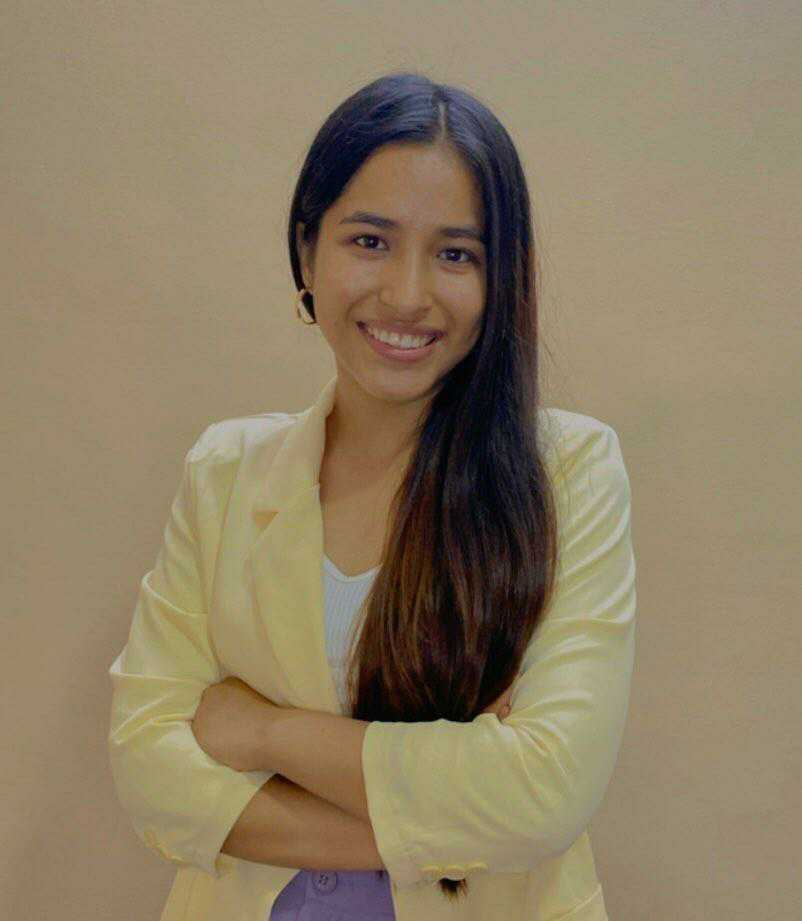Culture & Lifestyle
Holding ourselves accountable
If we’re willing to take responsibility for our actions, thoughts, and feelings, we empower ourselves to create a more positive future.
Dristy Moktan
Recently, I have been contemplating life. I have been reflecting on all the things that have happened, which has put me in a bit of a conundrum. On the one hand, I am grateful for all the good things that have happened, but on the other hand, I often find myself blaming the situation or others for the terrible things that occur. I wonder if it is really fair to blame others for how my life has turned out.
I am sure many of us can relate to this. It can be difficult to answer these questions because, deep down, we know that we can never truly blame external factors or point the finger at others for what happens to us. It’s easy to shift this blame onto others, saying, “It’s not my fault it turned out this way.” But does that really change anything in the long run?
If we are honest with ourselves, the answer would be no.
In the realm of counselling and mental health, accountability is often seen as a key ingredient for healing and growth. Even when we’re working with clients, it’s essential for everyone—be it the client or the counsellor themselves—to be self-aware and accountable. If we’re willing to take responsibility for our actions, thoughts, and feelings, we empower ourselves to create a more positive future.
What is accountability, then, one may wonder. Accountability is the willingness to take responsibility for our own actions and outcomes. It is far more than simply blaming ourselves for what has occurred. It is about recognising that we have the ability to shape our own lives and respond to challenges in ways that are consistent with our values and goals. It’s about being honest with ourselves about our roles in the situations we’re in, even when it’s difficult. It is also about accepting that while there may be events beyond our control, we have the ability to choose how we respond to them.
It is always important to look at things from a wider lens to assess where we stand and to better comprehend the situation that we are in.
Of course, holding ourselves accountable for what has happened isn’t always easy. It can be difficult to admit that we’re wrong or have made a mistake. But it’s important to remember that accountability is not about being self-critical or self-punishment. It’s about self-improvement, and it’s the first step to making positive change. So, how do we do that?
Personally, when I took some time to reflect on my life lately, there were a few things that I came across.
Having my space is at the top of my list. One may believe that having our own physical and mental space is overrated, but it is critical to recognise that to truly see the situation that we are in, we must take a step back and give ourselves the time to think things through.
It can also be as simple as actually doing what you promised you would do instead of finding reasons to put them off. The mind is malleable; if we consistently convince it to believe something contrary to our original thoughts, it will begin to believe that as the truth. Sometimes, we need to push ourselves a little to step outside of our comfort zone. We need to follow through on our actions and decisions and convince our minds to complete tasks.
Another would be turning off the “poor me” soundtrack. Do you often find yourself self-pitying, thinking stuff along the lines of, “This is a very difficult situation. It’s not fair to me; why must bad things always happen to me? Only I know how hard I have to work for this. The same thing happened last time, and I couldn’t do anything about it, and it’ll be the same this time.” These words may come to your mind on auto-pilot, but they lead you nowhere. Yes, sometimes things don’t go as planned, but instead of pointing fingers, we need to take responsibility and figure out why it didn’t work out.
Holding ourselves accountable is challenging but essential for personal growth and transformation. We have to take responsibility for our own experiences, learn from our mistakes, and make conscious choices to create the life we want.
When we’re stuck in a cycle of things not going right, instead of looking outside for faults, it’s better to turn the mirror inside and look within ourselves and ask, “What role are we playing in our own unhappiness? What choices can we make differently?”
Life is entangled with twists and turns, with unforeseen circumstances lurking around every corner. Sometimes, we find ourselves in situations we never imagined, and the unexpected can leave us feeling lost and disoriented. And that is OK. It is okay to feel difficult and confused about the things we don’t know. And it is even easier to blame others, but that is not how we should live our life.
Accountability is not about being perfect. It’s about accepting that we can make mistakes and that it’s okay. It is about our will to grow and change. It’s about finding peace within what has happened and what we can do ahead. Yes, life might throw us a curveball, but when we actually hold ourselves accountable, we empower ourselves to create a life that we love.
Now, let me ask you this: What kind of life do you want to create?




 22.12°C Kathmandu
22.12°C Kathmandu















